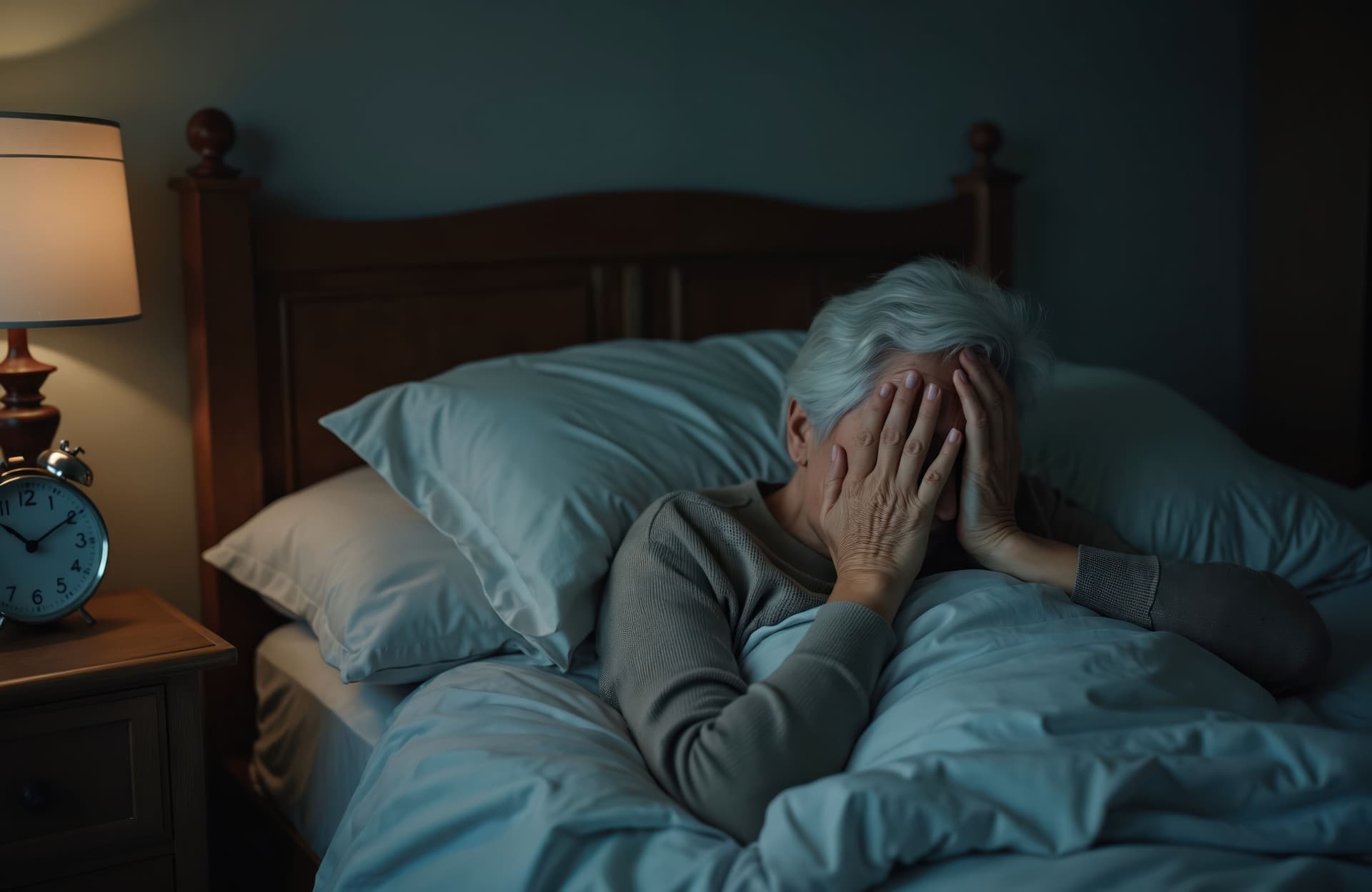
Nursing home abuse and neglect put vulnerable residents at serious risk, leading to malnutrition, dehydration, infections, and preventable injuries. When facilities fail to provide adequate care, residents suffer, and families are left feeling helpless. Lack of supervision, improper medical treatment, and unsafe conditions can result in devastating harm. Understanding the warning signs, knowing your legal rights, and holding negligent facilities accountable are crucial steps in protecting your loved ones. Learn how to take action and seek justice.
November 24, 2025
3 min
When most people think of nursing home abuse, they picture physical harm—bruises, injuries, or neglect of medical needs. Yet one of the most damaging and underreported forms of mistreatment leaves no visible scars: emotional abuse.
In nursing homes across Ohio and the United States, emotional or psychological abuse quietly destroys the dignity, trust, and mental health of countless seniors. It is often harder to detect than physical abuse, but its impact can be equally—if not more—devastating.
For families, recognizing the signs of emotional abuse is critical. Speaking up and taking action can protect a loved one from ongoing harm and hold negligent facilities accountable.
Emotional abuse—sometimes called psychological abuse—occurs when caregivers or other residents use words or actions to cause mental distress, fear, or humiliation.
According to the Centers for Disease Control and Prevention (CDC), emotional abuse includes any verbal or nonverbal behavior that inflicts anguish, isolation, or psychological pain.
Common examples in nursing homes include:
Emotional abuse can occur between staff and residents, among residents, or even involve visitors or family members.
For elderly residents—many already struggling with health issues, loneliness, or loss—emotional abuse can have devastating effects.
Consequences include:
In severe cases, long-term psychological trauma can lead to rapid health deterioration or even premature death. Emotional abuse attacks a person’s sense of self-worth and safety—core elements of human dignity.

Unlike physical neglect, emotional abuse leaves no visible evidence. It often happens behind closed doors, when staff believe no one is watching.
Elderly residents may also be reluctant—or unable—to speak out due to:
This silence allows abuse to continue unchecked for months or even years. That’s why family vigilance is essential.
Family members are often the first—and only—line of defense against emotional abuse. Warning signs may include:
If your loved one expresses fear of a particular caregiver—or seems anxious when staff enter the room—take it seriously.
Ohio law recognizes emotional and psychological abuse as a serious form of elder abuse.
Under Ohio Revised Code § 3721.13, nursing home residents are guaranteed the right to:
Facilities that violate these rights can face penalties from the Ohio Department of Health (ODH), and staff members may face criminal charges for elder abuse.
Additionally, under federal law (42 CFR § 483.12), every nursing home that receives Medicare or Medicaid funding must protect residents from abuse, neglect, and exploitation.
In many cases, emotional abuse occurs alongside other forms of neglect. For example:
These systemic issues reflect deeper management failures, not isolated incidents.
If you believe your loved one is being emotionally abused, take action immediately:
Emotional abuse cases can be challenging because they lack physical evidence. However, a skilled attorney can build a strong case using:
Patterns of misconduct or understaffing often strengthen these cases, showing that abuse was foreseeable and preventable.
When emotional abuse is proven, families may be entitled to compensation for:
Civil lawsuits not only bring justice but also force facilities to improve training and oversight, preventing further harm to residents.
Attorney Michael Hill, based in Cleveland, Ohio, has extensive experience representing families whose loved ones have endured emotional, physical, or psychological abuse in nursing homes.
Michael’s approach is both compassionate and relentless—he listens to families’ stories, investigates every detail, and pursues justice through both legal and regulatory channels.
His team:
Michael Hill is dedicated to ensuring that every senior in Ohio is treated with the respect and dignity they deserve.
Emotional abuse is one of the most damaging and least visible forms of nursing home neglect. It strips seniors of their confidence, hope, and peace of mind.
Families in Ohio and across the nation have powerful tools to fight back—from filing complaints and gathering evidence to taking legal action.
If you suspect your loved one is suffering from emotional or psychological abuse in a nursing home, Attorney Michael Hill can help. With compassion, experience, and determination, he fights to expose hidden neglect and restore dignity to the elderly residents who need protection the most.
Because in every nursing home, respect, safety, and kindness should never be optional.